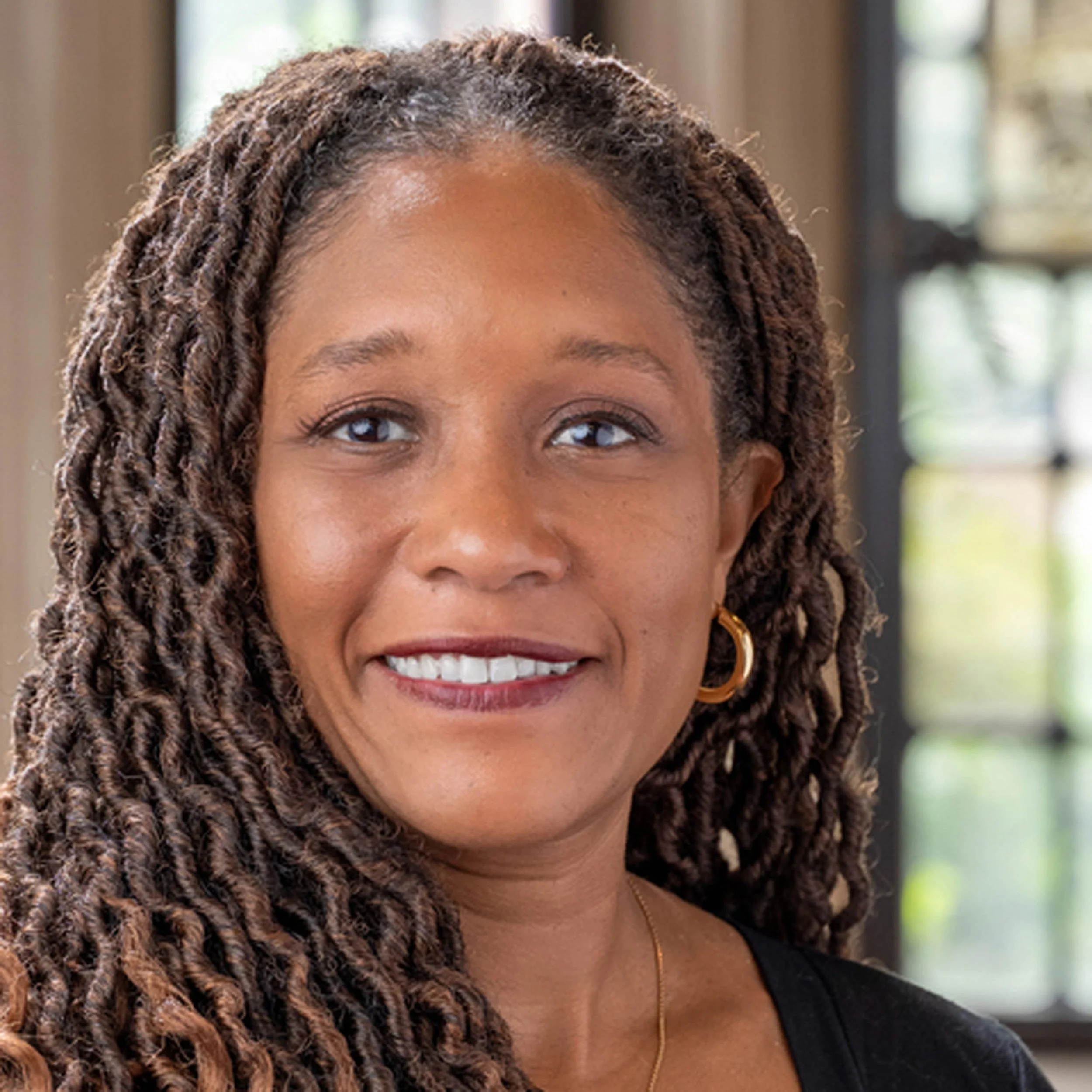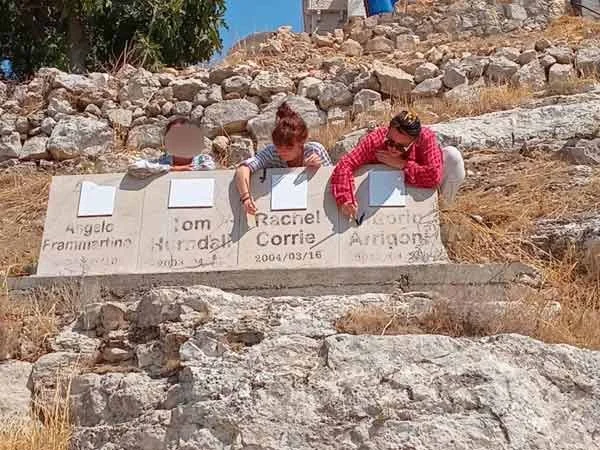Teach Truth: The Struggle for Antiracist Education with JESSE HAGOPIAN
/JESSE HAGOPIAN on The Radical Healing of Organized Remembering
In this episode on Speaking Out of Place podcast Professor David Palumbo-Liu talks with activist and educator Jesse Hagopian about his new book, Teach Truth: The Struggle for Antiracist Education. They talk about the assault on public education that takes the form of criminalizing the truth itself. They note both the powerful corporate forces behind this movement and what they are afraid of, and also discuss the many instances of people fighting back to name, amplify, and mobilize the truth together.



















